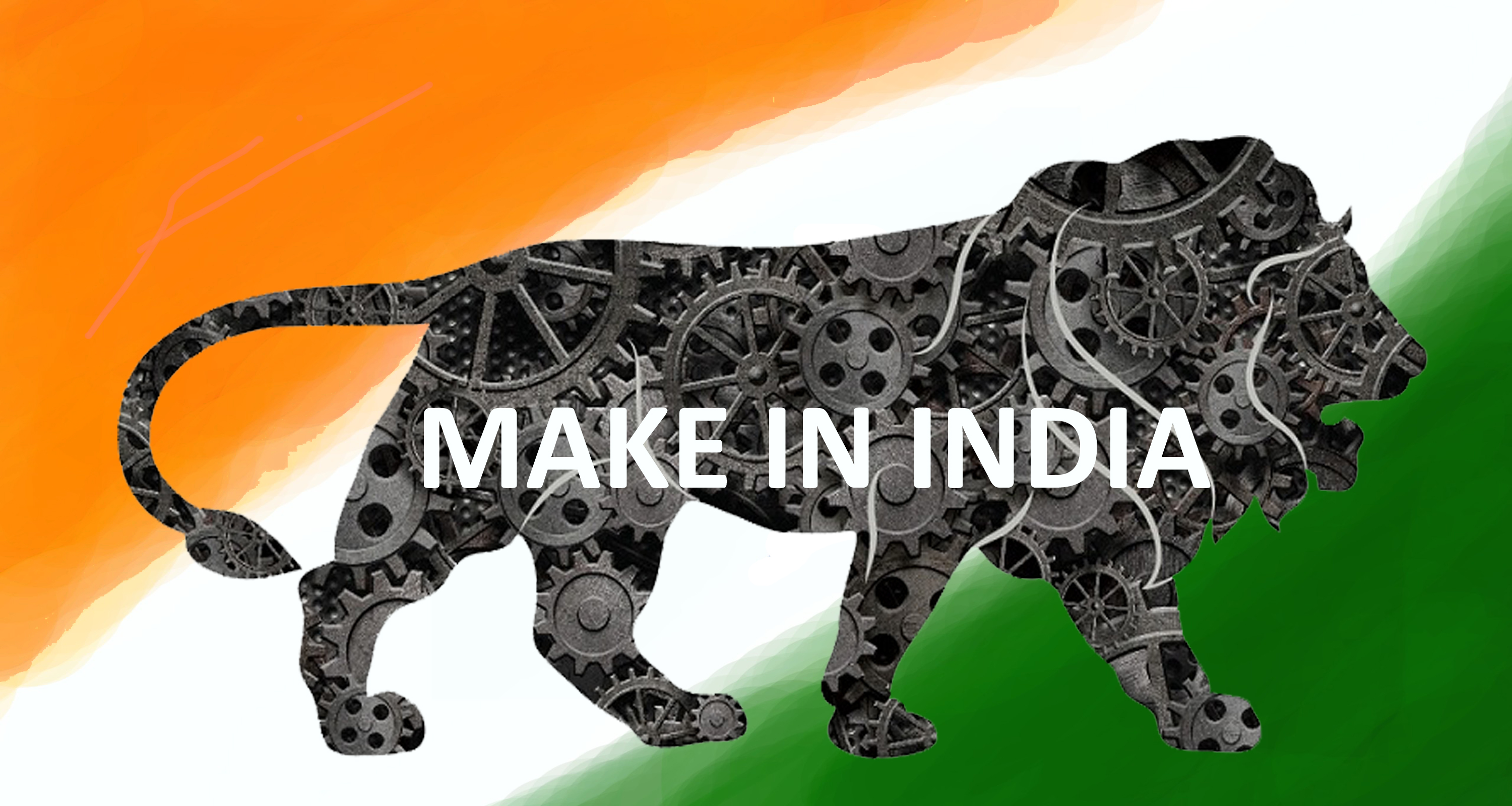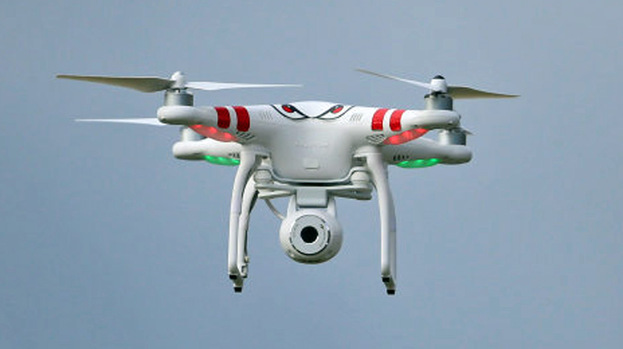The Indian Startup Ecosystem has undergone tremendous change in the last couple of years. Even the defence sector has been influenced by India’s ‘Startup Revolution’. Here is an overview of the startup ecosystem in the defence industry.
What is the need for defence startups in India?
One of the first aims of India as a nation since Independence has been to achieve self-reliance in the field of defence and defence production. However, this goal is yet to be achieved.
India has always been dependent on Public Sector Units (PSUs) and government-owned defence labs to build futuristic technology. With no incentives to build and commercialise core technology, these units have struggled to remain ahead of the learning curve. Because technology keeps evolving by the day, India can achieve its goals in manufacturing defence equipment only with a harmonious private and public collaboration.
With the Indian military’s push for modernization, there’s much focus on preventing deaths by using cutting-edge technology, which can be provided by startups.
How can startups for defence be made sustainable?
Just like war, starting a company to cater to defence is an ‘everything or nothing’ game. Since there is only one buyer in this market, it is appreciable that Indian startups are daring to make big contributions to the defence industry. But they need artillery support.
The role of the government is the most important in the defence manufacturing sector. This is because it is government agencies that grant licenses to the defence manufacturers.
Since the cost of failure is really high in this industry, governments can help these budding entrepreneurs by creating a friendly environment and enhancing access to credit.
Without contracts, the defence schemes and programs will be challenging to execute for the domestic private industry. The government should offer the requisite technology or else help potential bidders in getting these contracts.
The Defence Innovation Hubs (under IDEX) should be given operational autonomy to enable the deployment of defence innovation in a timely manner.
Indian startups must rise to the challenge and the government must show a consistent will to help them in all ways possible
How has the government tried to facilitate innovation in defence?

In recent years, the government of India has initiated various schemes like Make In India, Startup India and Atal Innovation Mission (AIM) to encourage innovation and entrepreneurship in the Indian commercial ecosystem, which includes higher manufacturing in defence.
Under Make In India, IDEX is a scheme for setting up Defence Innovation Hubs throughout the country. IDEX is aimed at creating an ecosystem that inculcates innovation and technology development in Defence and Aerospace. It will encourage startups, individual innovators, R&D institutes and academia by providing them grants to carry out R&D for Indian defence and aerospace needs. The long-term effect to be realized by the group is the establishment of a culture, where enlisting the effort of innovators by the Indian military is commonplace and frequent.
Apart from this, the defence ministry has specified new rules for homegrown startups to take part in military projects.
India’s top defence-based tech startups

IdeaForge of Mumbai: Started in 2008 by three IIT-Bombay graduates, its flagship product is Netra, which it developed with the Defence Research and Development Organization. Their clients include National Security Guard, Indo-Tibetan Border Police, National Disaster Response Force and Delhi Police.
AADYAH Aerospace: Founded in 2016, AADYAH manufactures and develops electronic mechanical actuators, control actuation systems, and electronic optics systems for missiles and launch vehicles. The startup also runs a centre for excellence in design, engineering, integration and testing to develop mission-critical aerospace and defence systems.
CM Envirosystems of Bengaluru: It provides testing solutions to Aerospace, Automobile, Electrical, Electronics and Defense industries and has gained a reputation of being among the most reliable global manufacturers of Environmental Test Chambers. The company has already created customized test chambers to test equipment of various famous projects like AGNI.
Aurora Integrated Systems: Supported and funded by the TATA group, the startup is into developing indigenous technology, manufacturing and integrating state-of-the-art airborne systems with a focus on small Unmanned Aerial Systems (UAS). It is the first company in the country that is developing UAV technology without any foreign assistance whatsoever.
TimeTooth Technologies: An engineering solutions company conceived with an aim of developing new products that stretch the envelope of functional performance, the firm is currently into making landing gears for India’s own Drone called Rustom II.
VizExperts: It is a technology startup in the visual computing field. In 2014, the startup’s digital sand model technology was inducted by the Army for real-time operation planning. Digital Sand Model is basically a revolutionary solution for operation planning, mission briefing and training, for the Indian paramilitary, police, and the armed forces.
The current climate for innovation and excellence has proven beneficial for Indian startups. With the Defence Ministry providing opportunities, such as the 11 challenges issued by them, the future of startups in the Defence Sector continues to look promising.

